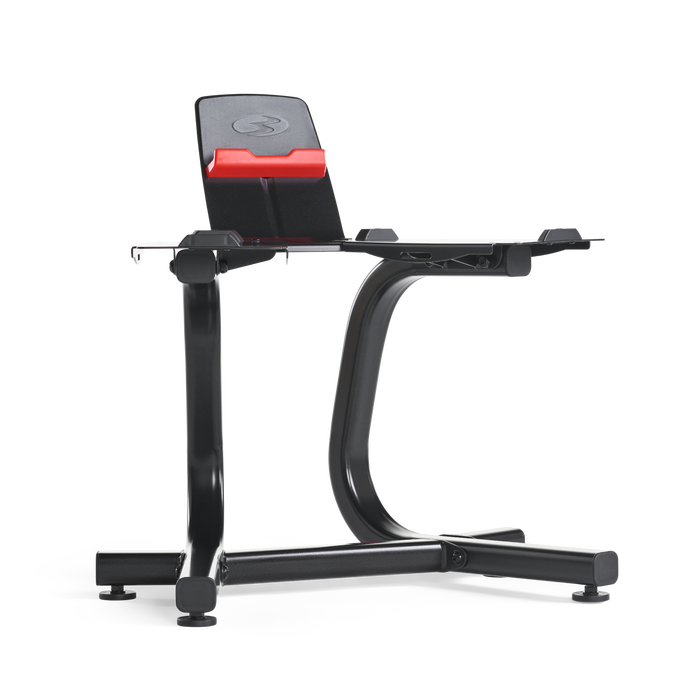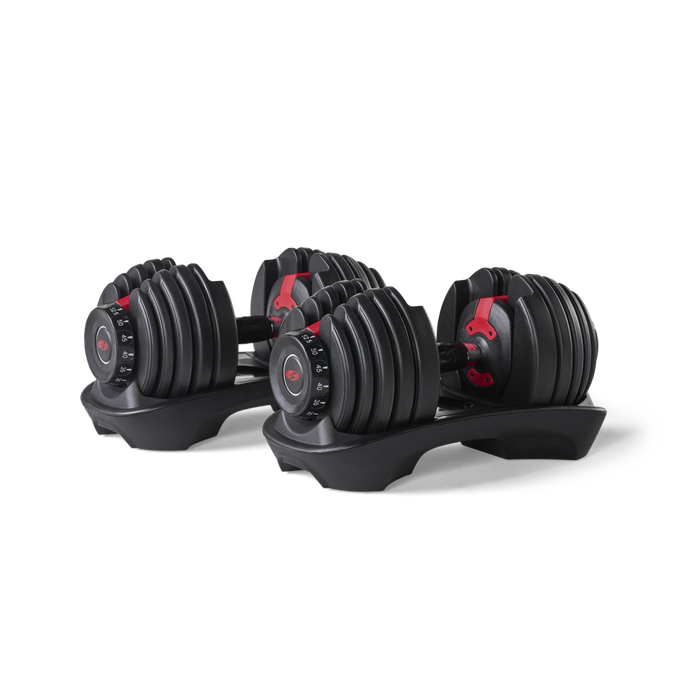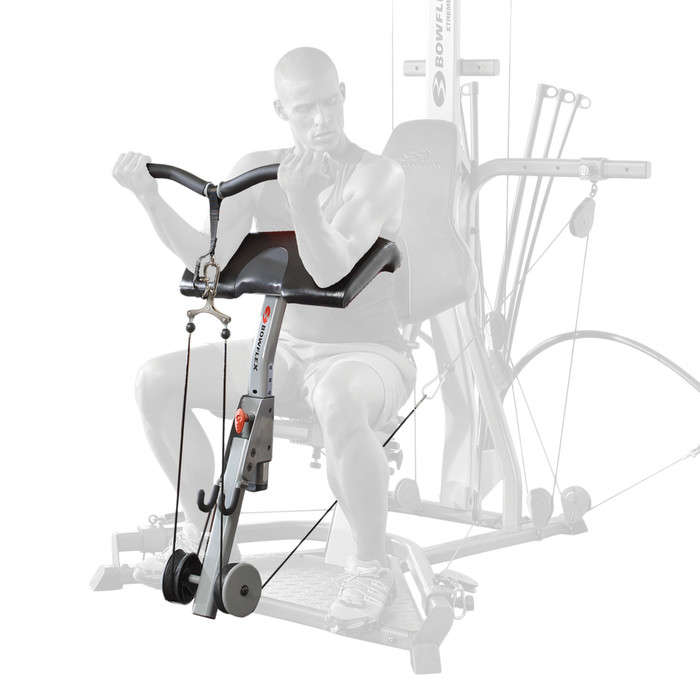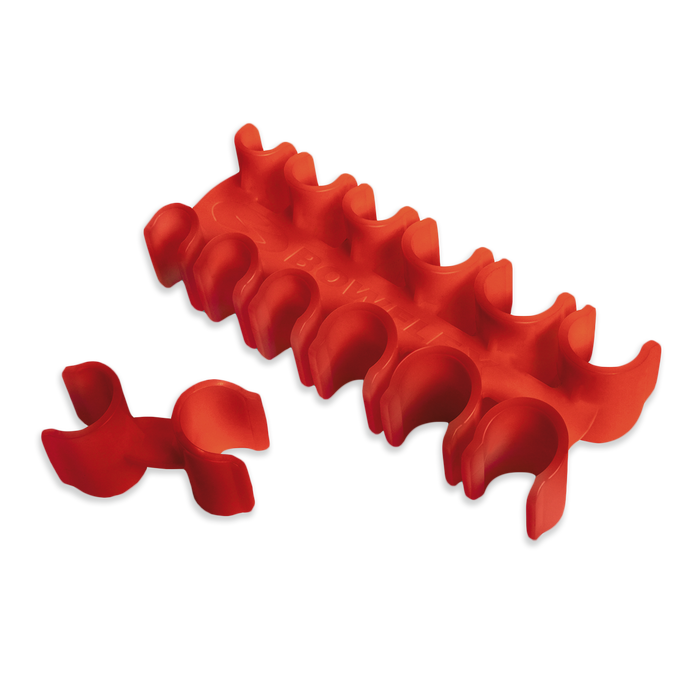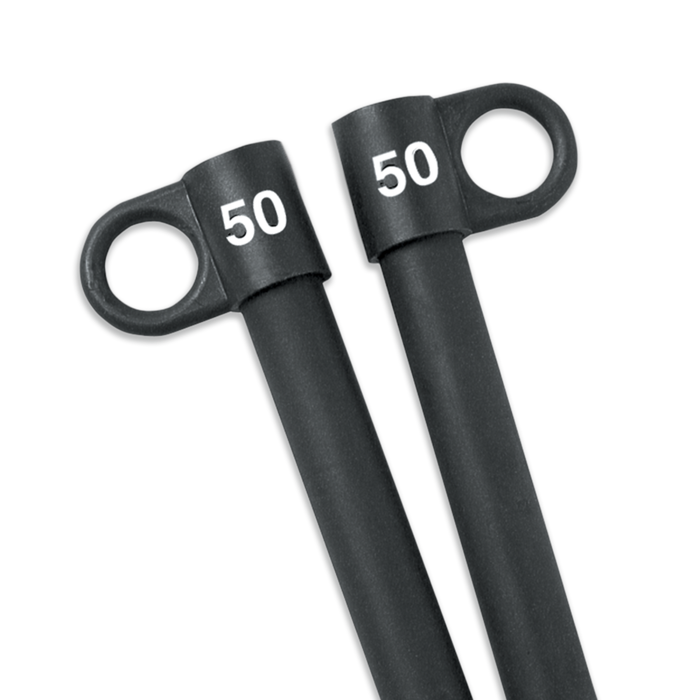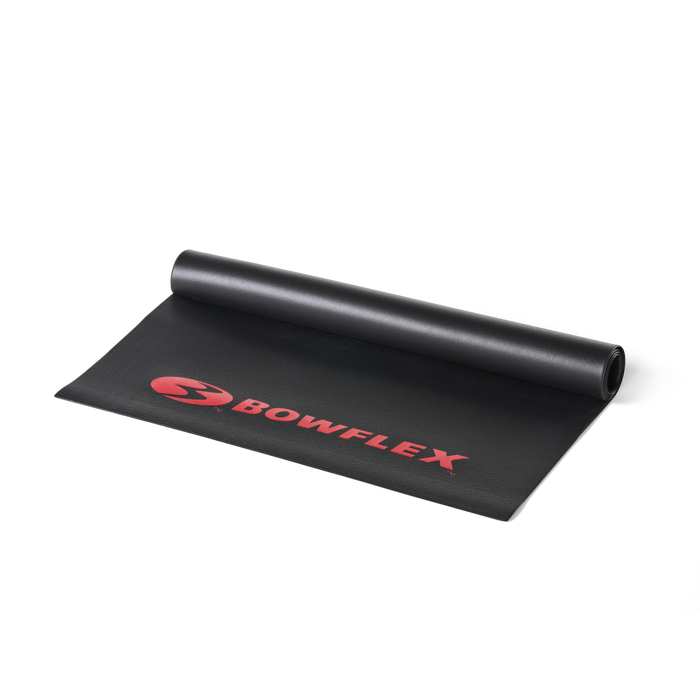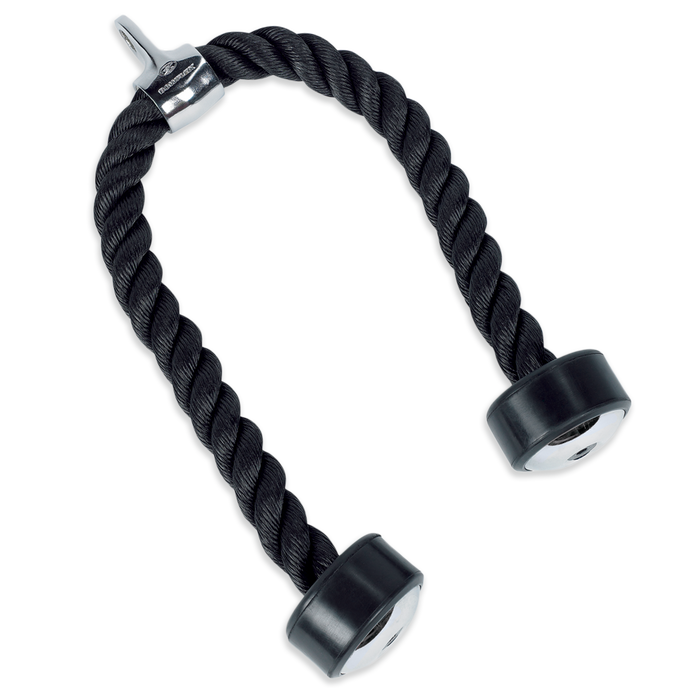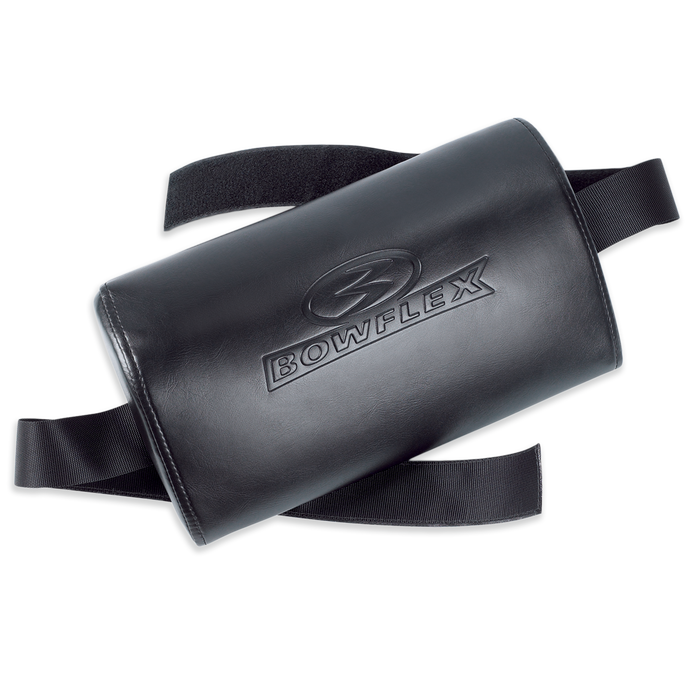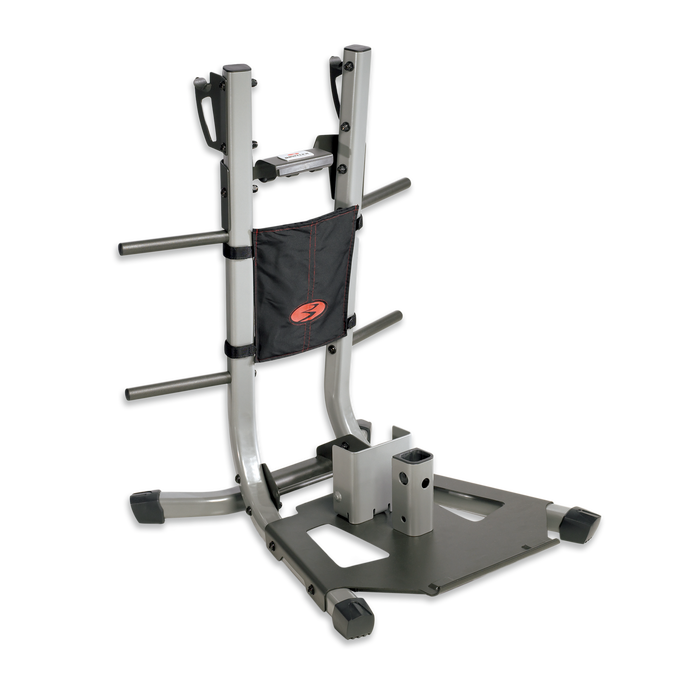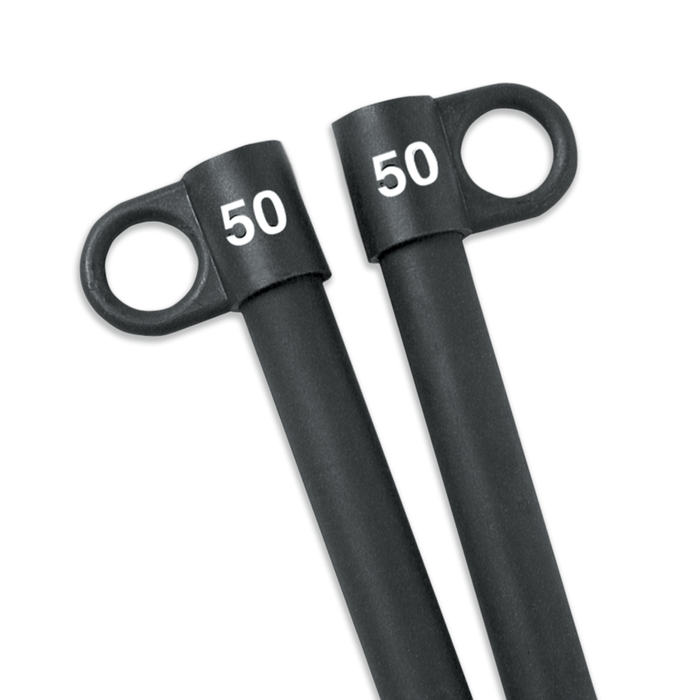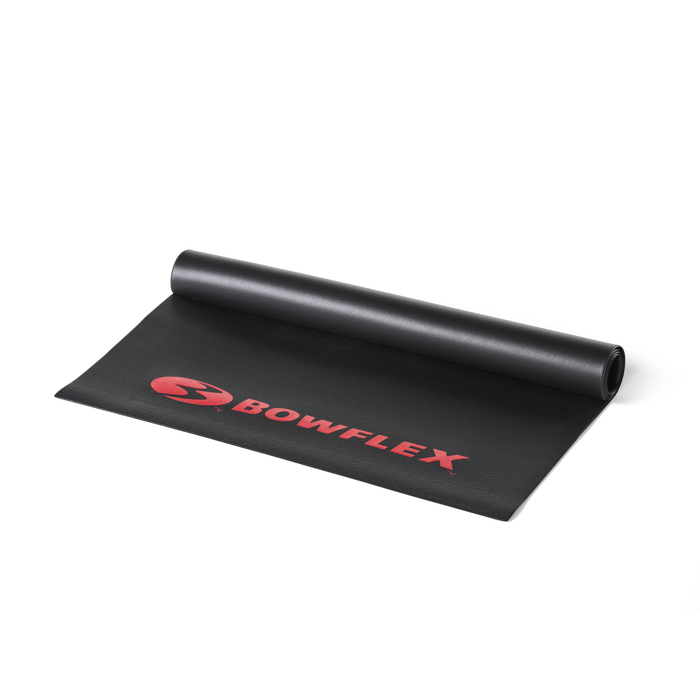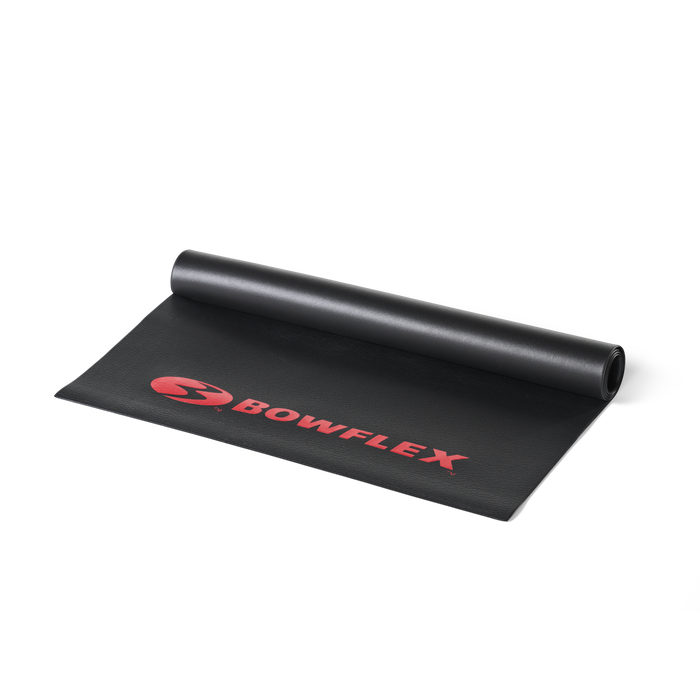Collagen Claims: Too Good To Be True?

Collagen powder is being sprinkled by the tub-load in everything from lattes to smoothies. With claims it aids in everything from weight loss to decreasing joint pain to promoting youthful skin, could this pricey ground-up protein be the elixir add-in to cure what ails you?
What exactly is collagen?
Collagen is the fibrous protein found in connective tissues, including bones, skin, and joints. We consume some collagen when we eat meat, eggs, chicken, bone broth, dairy, and fish and our body is able to synthesize (make) collagen from nutrients we eat in other foods. Collagen has been used for decades for topical use in anti-aging creams and lotions. Just in the past few years though collagen has hit the health food market. Is it time to jump on the collagen wagon?
What does research say?
The jury is still out on whether collagen lives up to all these claims. It does seem to help with improving skin appearance and signs of aging. Because it provides a good amount of protein per serving, if someone is lacking protein it could help preserve muscle mass.
As for weight management, I’ve heard people say it helps keep them full and reduce overall calorie intake, thus they lose weight. There’s no harm in trying collagen but it’s no magic bullet. Using it as an appetite suppressant is just as effective as any type of protein but probably no better than having, say, an egg for breakfast.
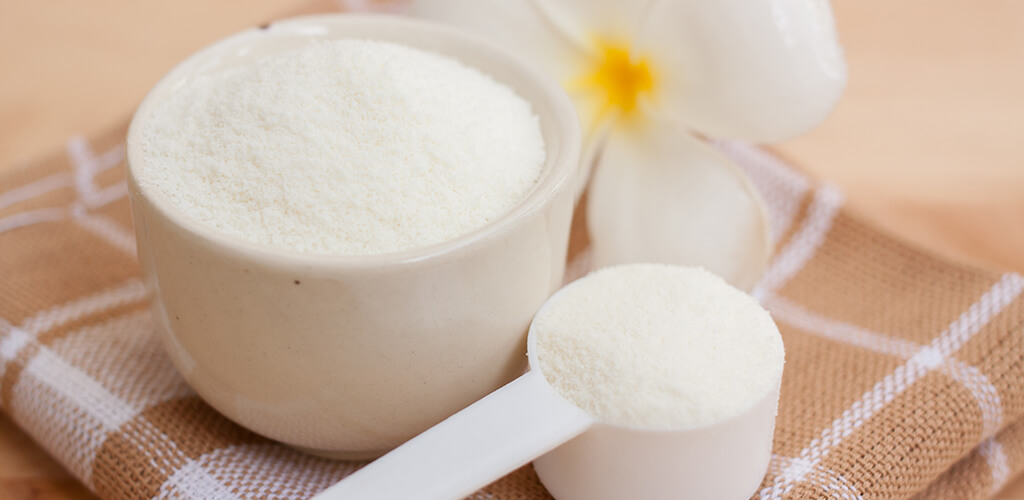
How can I try it?
The most popular ways to consume collagen are via scooping it in smoothies or blending with coffee. Most collagen powder is tasteless, unless you buy a flavored kind, so mixing it into soups, oatmeal, or baked goods of your preferences is simple and won’t alter the flavor or texture significantly. Collagen is also found in bone broth so I often use bone broth in place of regular broth or stock in soups for added protein.
Like most single nutrient supplements, collagen alone isn’t going to make or break your health and fitness goals. Getting adequate Vitamin C and Vitamin A can enhance the benefits of collagen by supporting collagen synthesis and maintenance.
I stand by recommending a well-rounded nutrient dense diet for overall health and fitness. Giving collagen a try with a sprinkle or scoopful doesn’t have any side effects so it’s worth trying, especially if you struggle to get enough protein (most people don’t!) or want more youthful looking skin.
**If you have a food sensitivity or allergy to eggs, chicken, beef, or fish, you should not consume collagen powder from these sources.
You may also like
Collagen: The Popular Protein You've Never Heard Of







